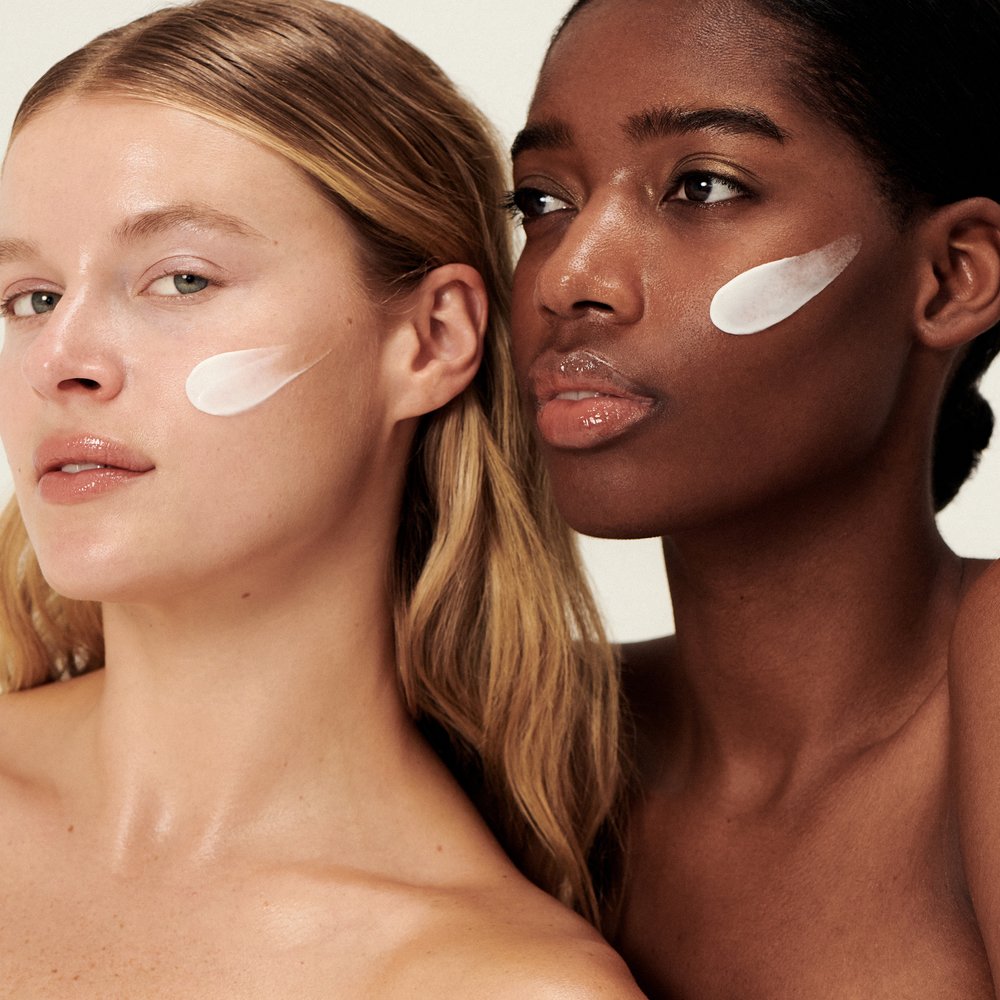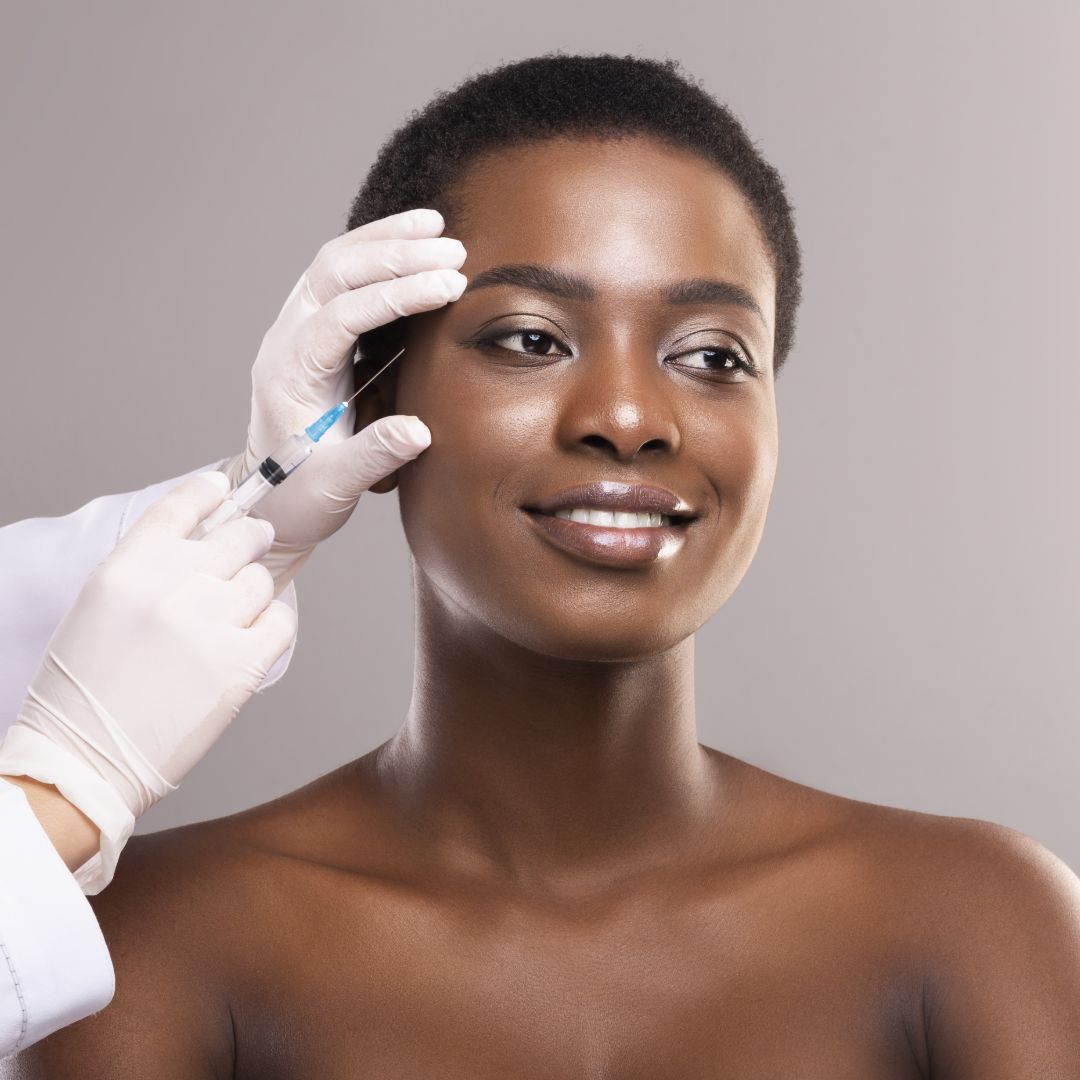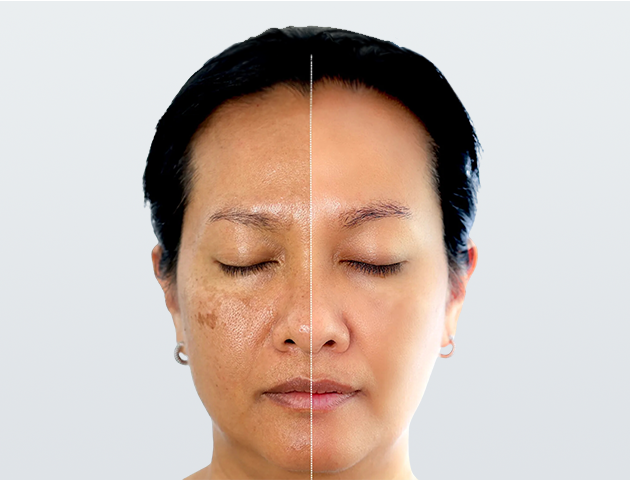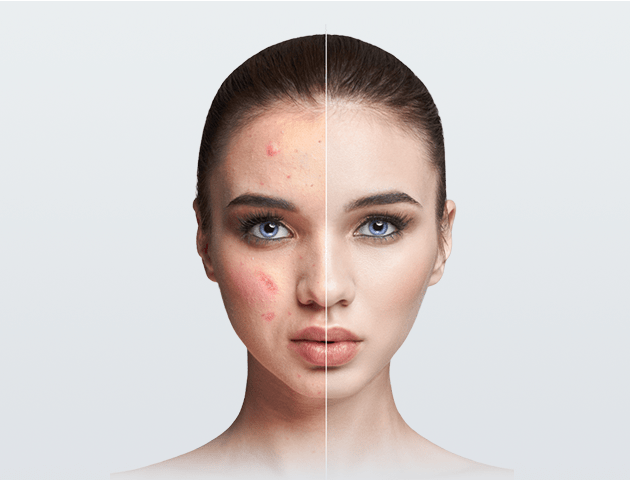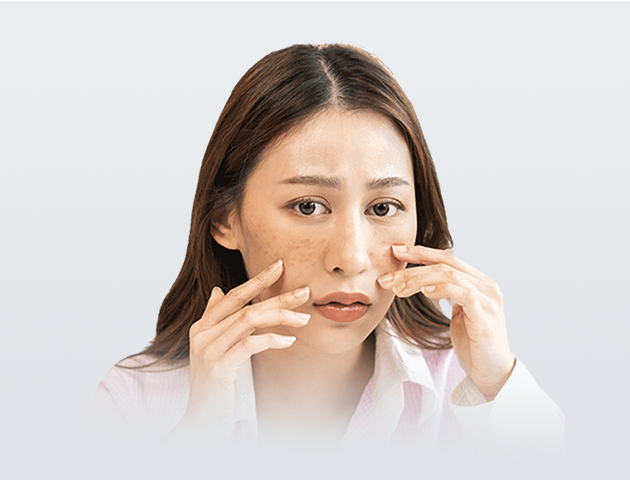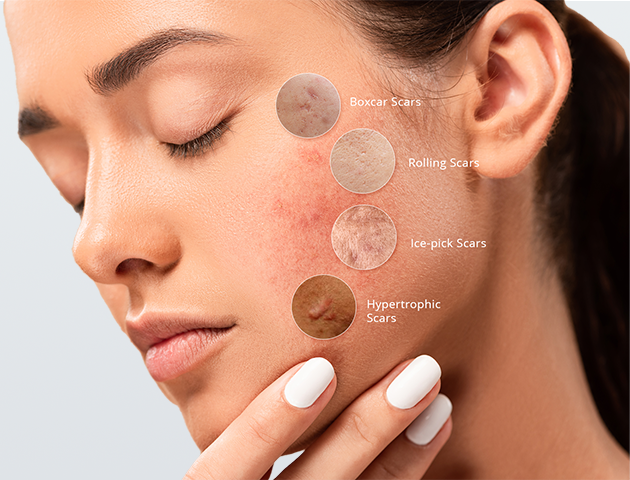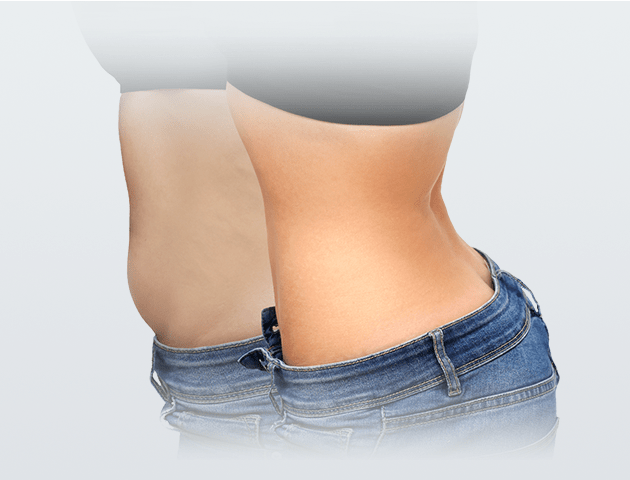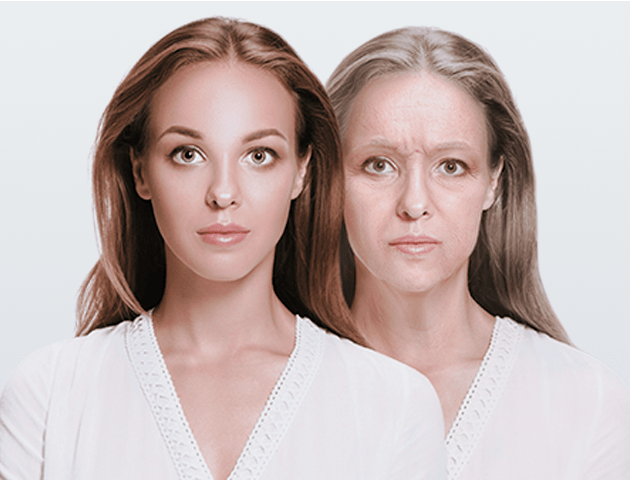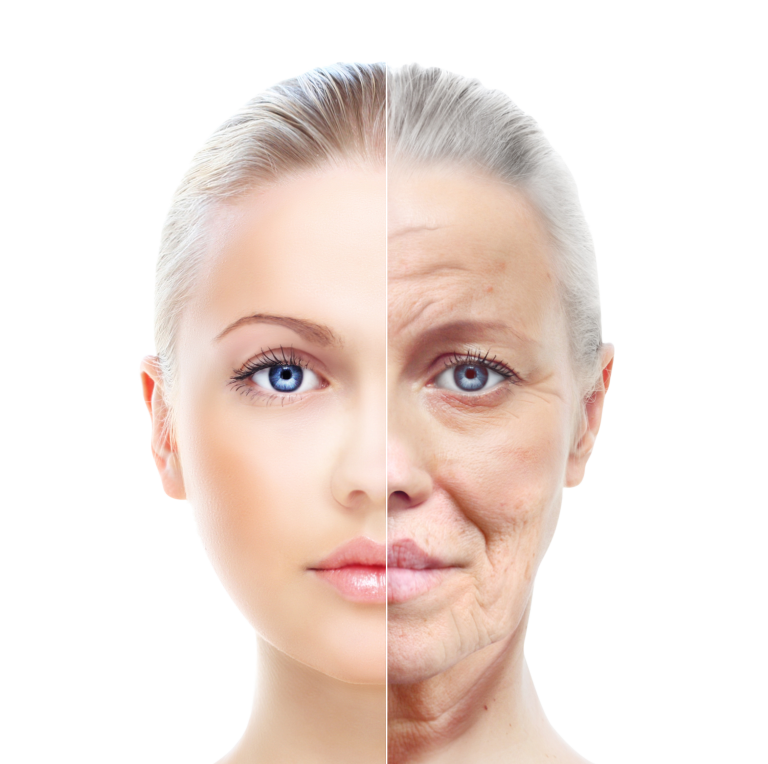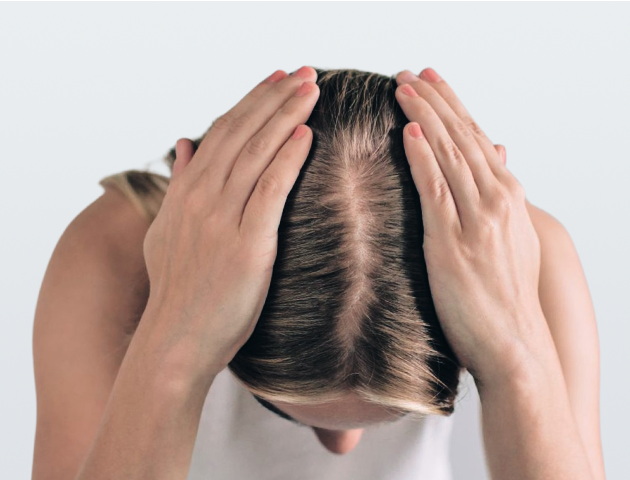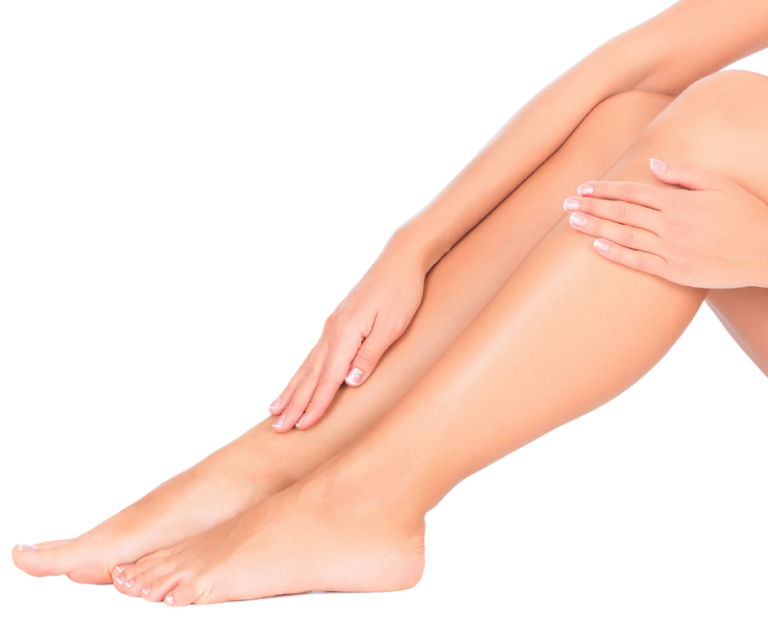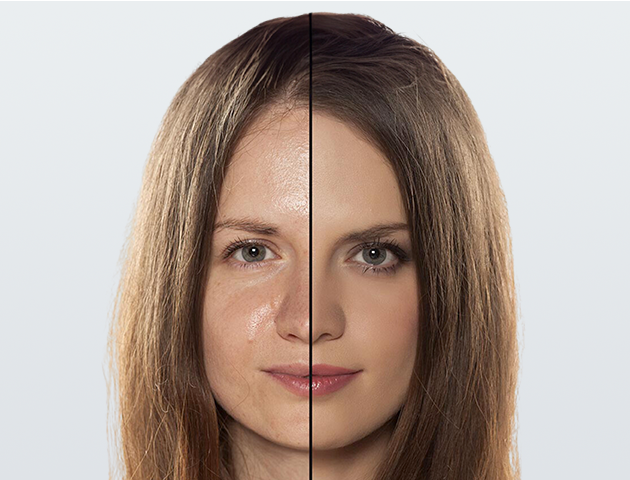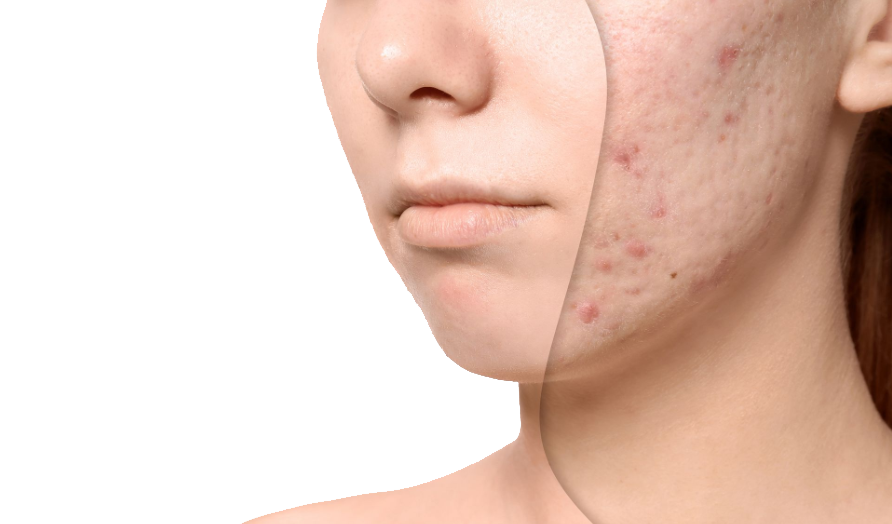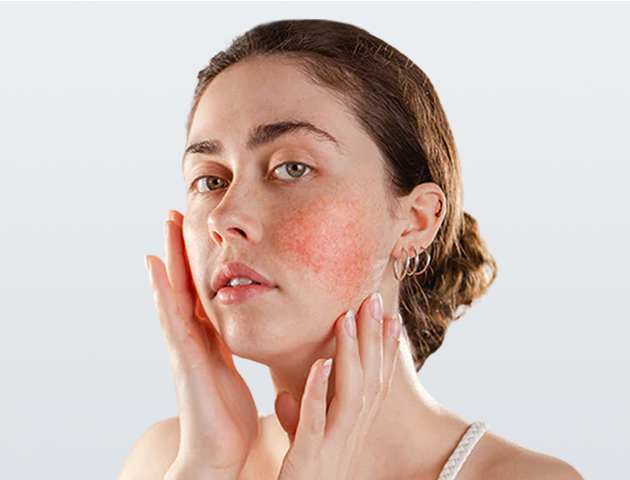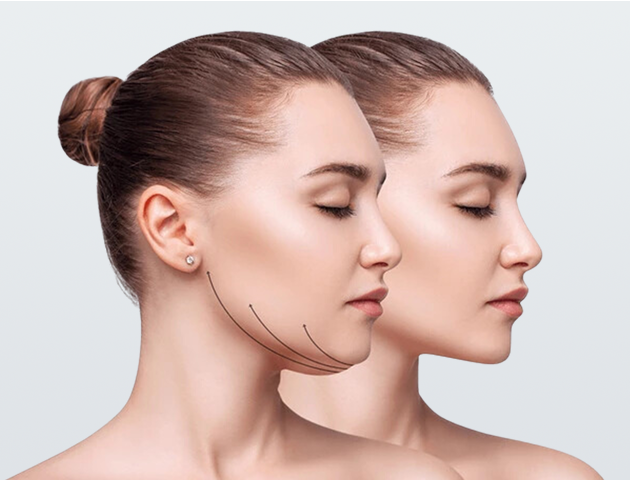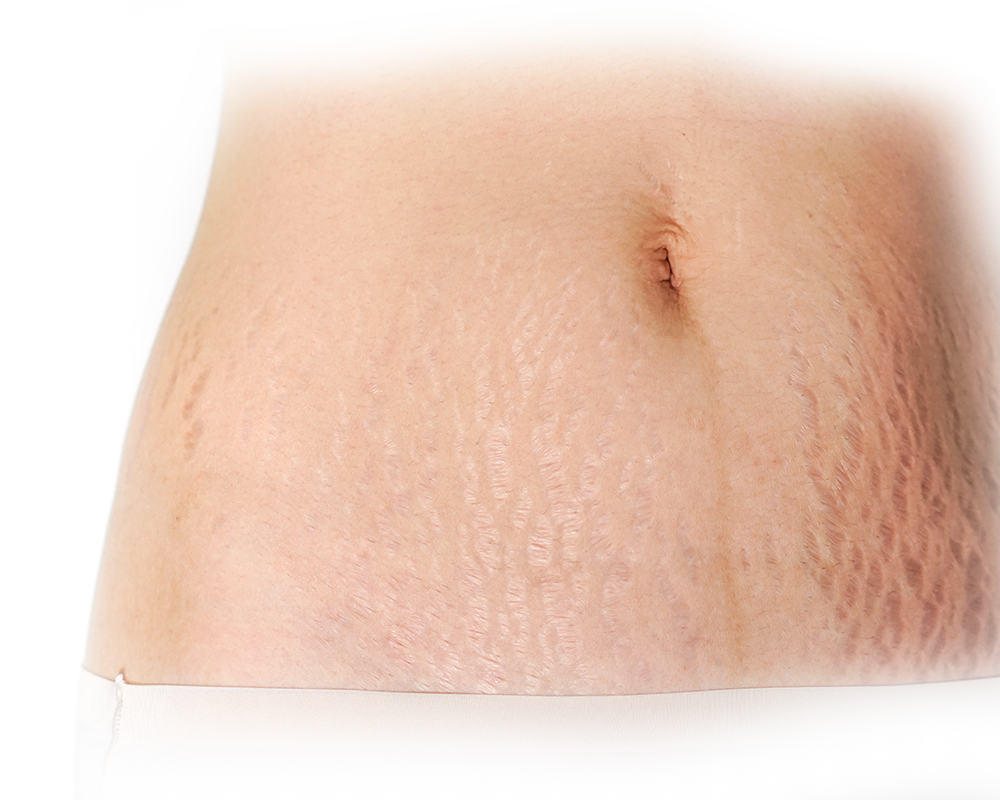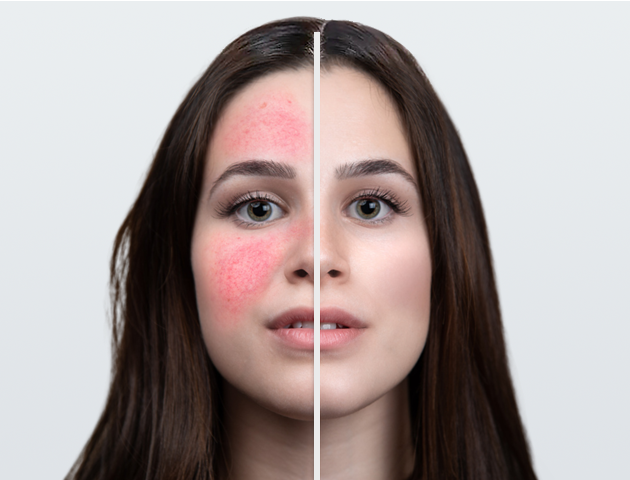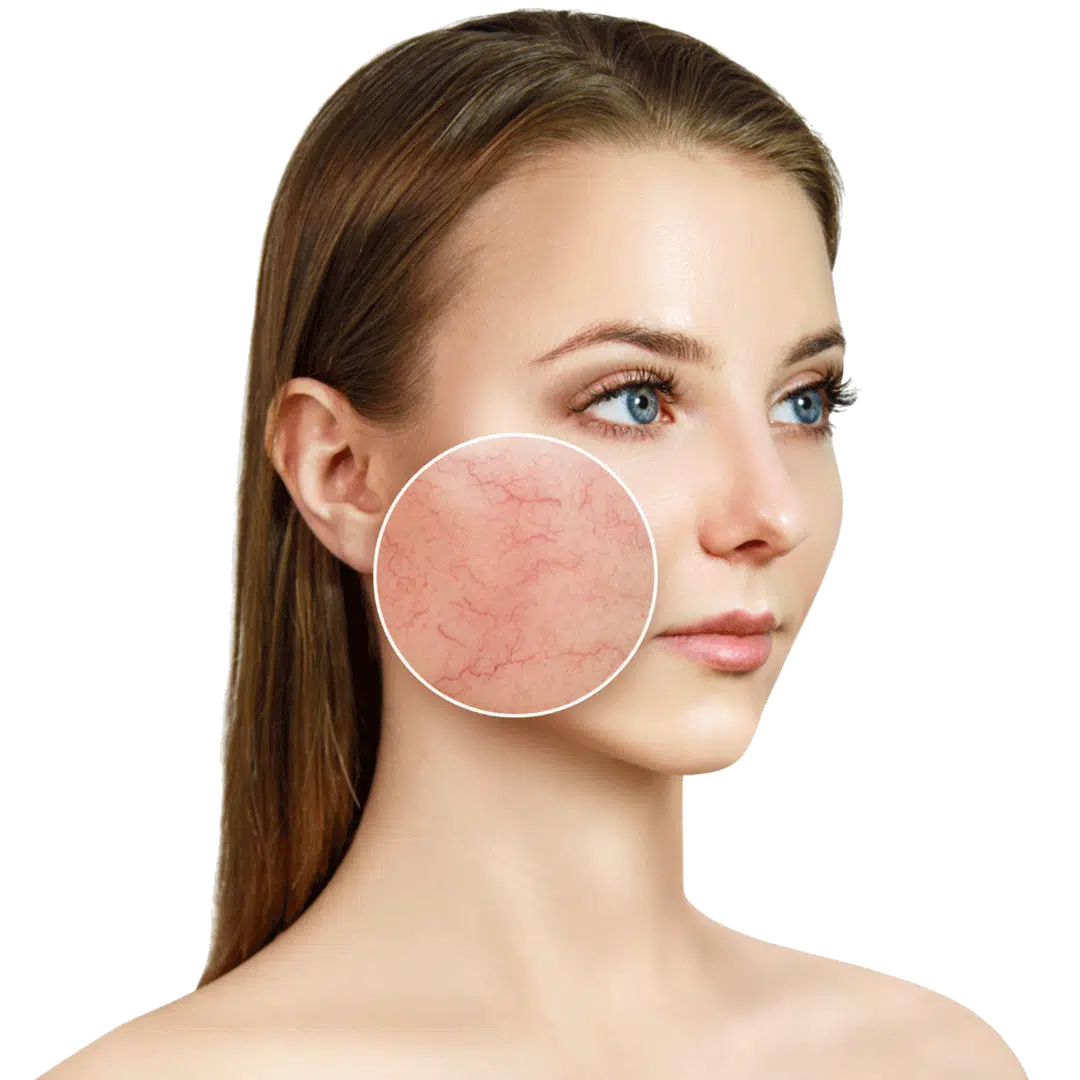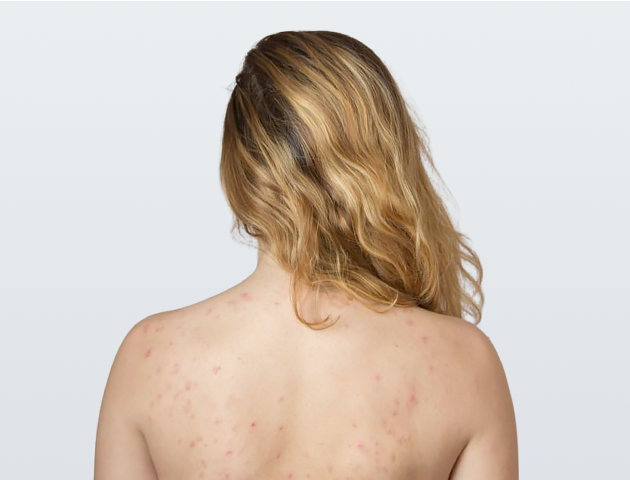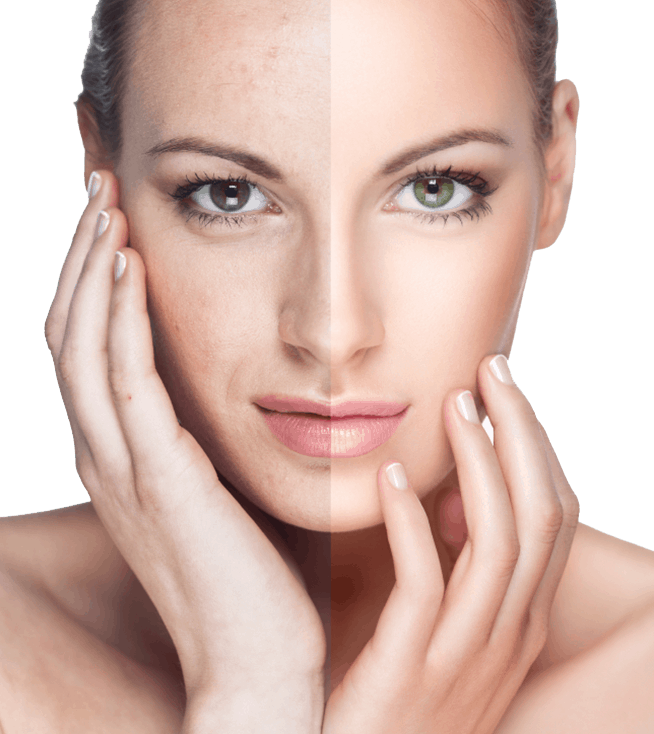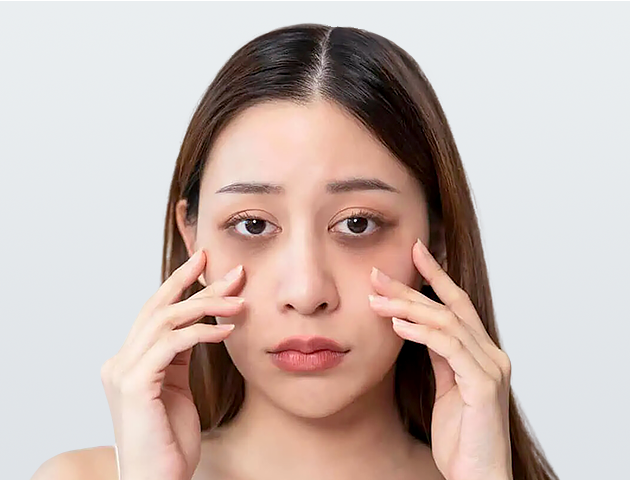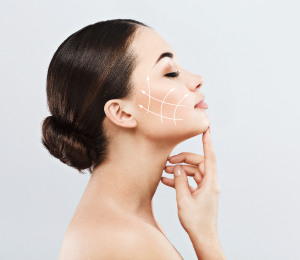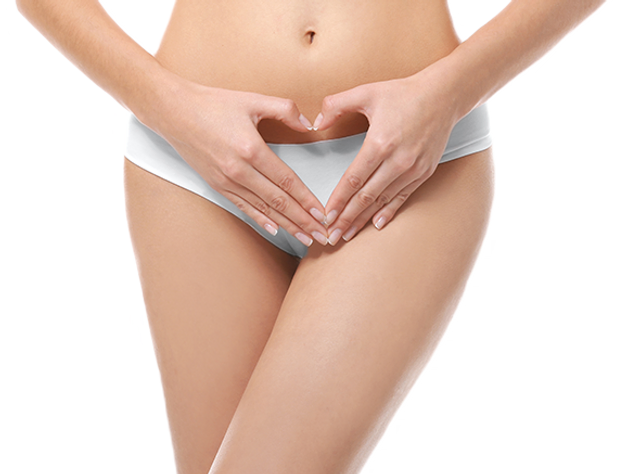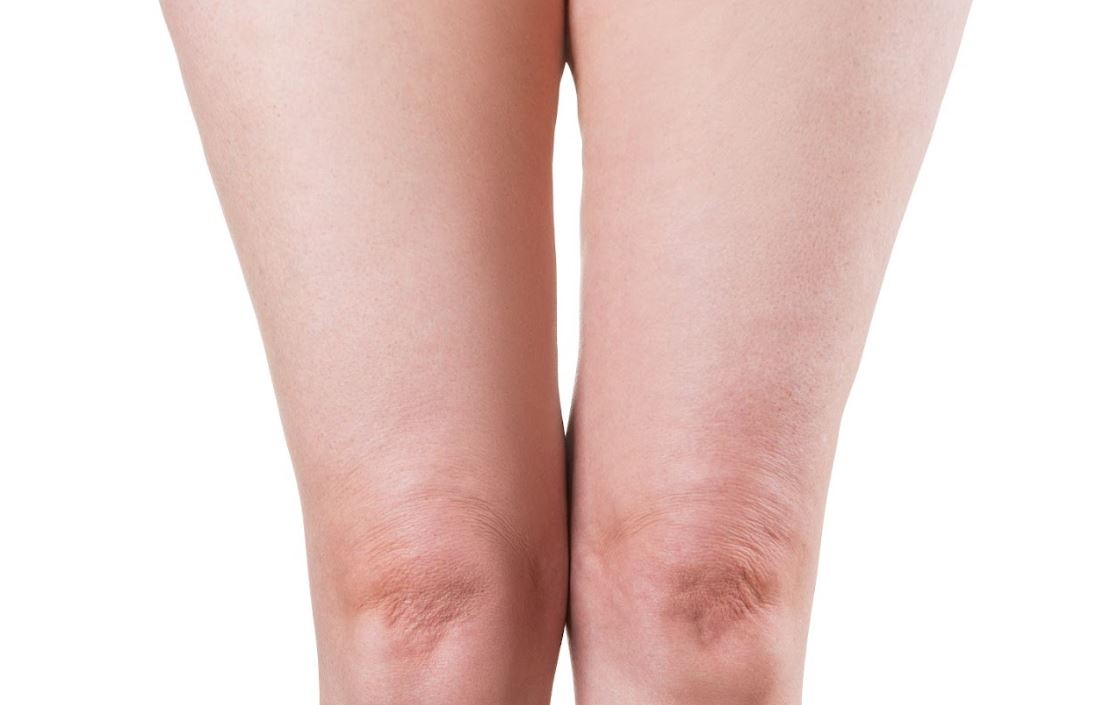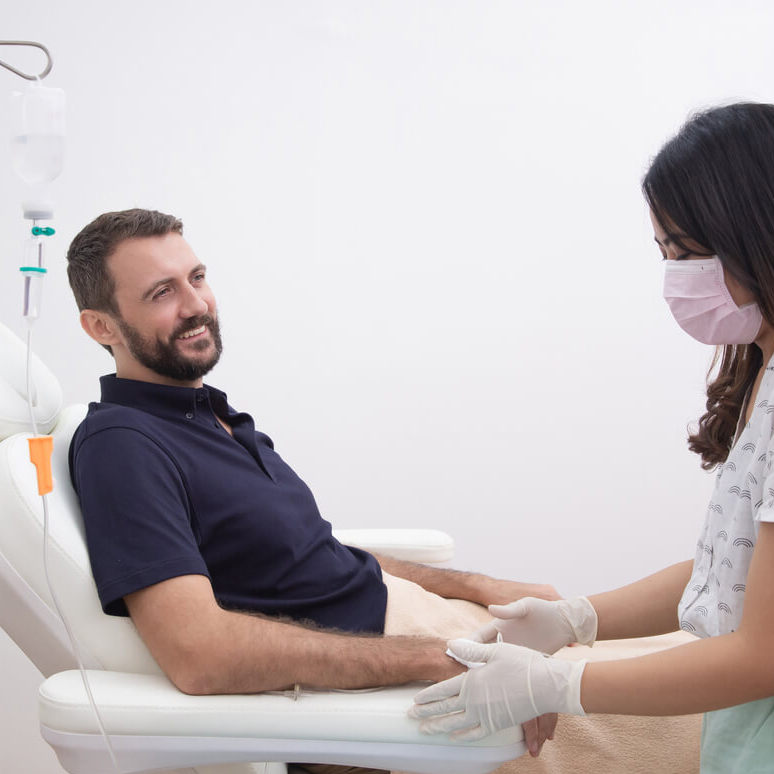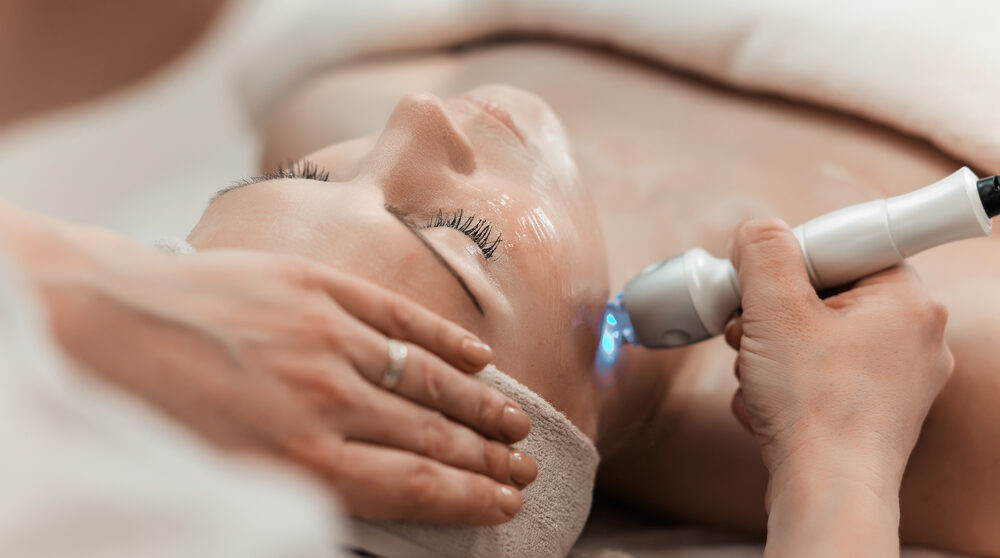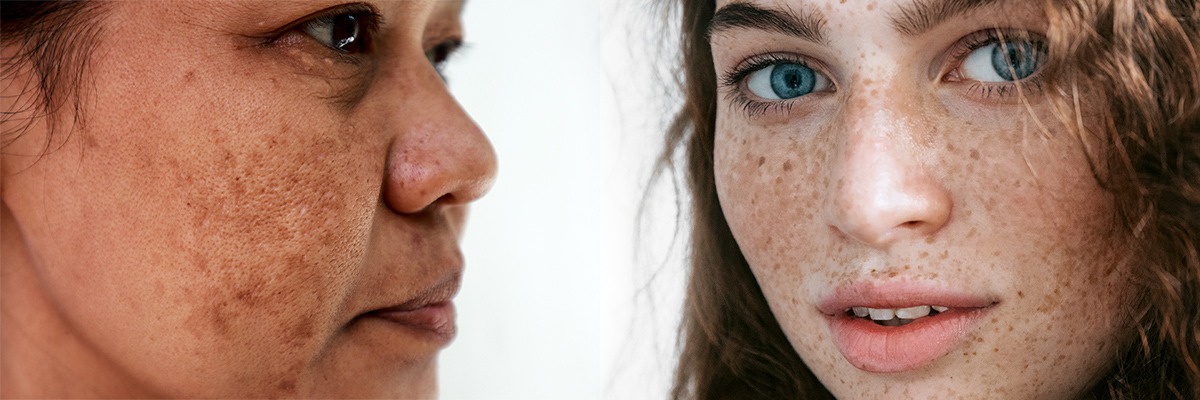
Whiteheads, clogged pores, dull skin, hyperpigmentation, and cystic acne — for every type of acne you might encounter, there’s a huge selection of potions and products that are specifically designed to help treat your specific breakout type. With so many options out there, how can you possibly separate what works from what doesn’t without further irritating your skin or breaking the bank?
More often than not, many of us are already inundated with a plethora of acne therapies but to little avail while others claim success a combating their lesions seemingly effortlessly. According to doctors, there are shortcuts to getting a clearer complexion that will not break the bank. Here are some skin-clearing tricks you should try if all else fails.
Stick with it!
Using a new acne product every few days may seem useful, but that approach can worsen acne. Acne treatment needs time to work. Using a different product every few days can also irritate your skin, causing new breakouts.
“I tell my patients to give any anti-acne skincare at least 4 weeks to work” says Dr Low Chai Ling, founder of SW1 Clinic. The real danger comes when patients, anxious for results, combine several skincare products only to result in redness or flaking.
Of course, there are women and men who do not have the patience to wait it out. That is when oral medications such as roaccutane or treatments such as BBL Forever Clear come into the picture. They do get your skin in line in a shorter time, but will require professional monitoring.
“If you notice improvement, keep using the treatment.” says Dr Low “Another mistake that people make is to stop therapy too soon before their acne is under control”. Even when you see clearing, you’ll want to keep using the acne treatment. This helps to prevent new breakouts.
3 is better than 1
If you don’t see improvement after 4 to 6 weeks, add a second, maybe even a third acne product to your treatment plan. Research all point to using combination therapy to treat acne effectively. Using a safe combination of both skincare and treatments can help attack the different causes of acne. Bacteria, clogged pores, oil, and inflammation can all cause acne.
Of course, the second treatment should attack a different cause of acne. For example, if you are using an acne treatment that contains benzoyl peroxide, the second acne treatment should contain another acne-fighting ingredient such as a vitamin A derivative. To help you select another product, here’s what the different active ingredients work on:
- Benzoyl peroxide decreases acnes bacteria
- Retinoids, such as adapalene gel, unclog pores and reduce oiliness
- Salicylic acid eases inflammation and unclogs pores
Don’t limit yourself to topicals
If you are already on a comprehensive zit-fighting regime, consider adding not another topical but a different therapy such as oral medication or a skin-clearing laser. Facials are also good options to accelerate the acne-clearing results.
“If you are choosing a facial, try to avoid manual extractions. Instead, opt for skin-friendly therapies that use LED Red and I-Clear lights to achieve clear skin” says Dr Low Chai Ling. There are now many new age ways to cleanse pores without resorting to the stone age method of squeezing the life out of your lesions. Ultrasonic deep cleansing uses ultrasound and is perfect for even sensitive skins, and it does a better job at removing dead cells which are precursors to acne than manual extractions. Aquadermabrasion, a newer method of cleaning skin uses saline that has small amounts of alpha and beta hydroxyl acids as well as skin boosting vitamins, imparting benefits to the skin that go beyond just superficial cleaning. The list goes on but with a wide offering of skin cleaning methods, you are seriously spoilt for choice.
A step up from facials, lasers such as BBL Forever Clear and Vbeam laser go the extra mile to effect skin clarifying benefits for stubborn and severe acne.
Dr Low who is a believer in treating acne as early as possible to preserve skin integrity, usually recommends a program that combines the two lasers for all-round complexion improvements—- anti-inflammation, anti-redness, improved healing.
Wash your face with the mildest cleanser your skin can take
Wait, what? Yes, you heard us right. Contrary to popular belief that you need to use a harsh, oil-mopping cleanser, doctors say that using a mild pH balanced cleanser ie more beneficial for your skin.
Firstly, our skin has a lipid barrier which prevents bacteria, viruses and even pollutants from reaching it. Using a harsh cleanser will strip it of this natural barrier, making it more prone to further inflammation. Secondly, over-drying the skin surface will lead to a paradoxical rebound in oil production; that’s why your skin feels oilier, not drier a few hours after. Lastly, many acne sufferers already use skincare that can potentially cause redness and flaking, so a gentle cleanser can soothe and balance the skin.
It is also a misconception that a cleanser has to be harsh to clean. That of course isn’t true. A cleanser can clean effectively without leaving your skin tight and uncomfortable— a sensation you want to avoid whenever you wash your face.
Don’t spot treat. Go all over
Applying a thin layer on your acne-prone skin helps treat existing acne and prevent new breakouts. In fact, science is sound when it comes to spreading the anti-acne goodness all over your face. By preventing acne–causing components from flourishing on your skin, you stand a better chance at combating zitty skin. Not all skincare are suitable for this purpose of course, opt for clog-clearing derviatives such as adapalene found in Flawless or azelaic acid based products such as Skin rescue

